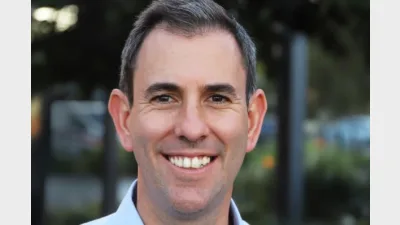Enforceable undertakings to cover trustee exits
Australian Prudential Regulation Authority (APRA)
Announcing a number of interim measures, APRA said for trustees who had been prevented from finalising alternative arrangements due to circumstances beyond their control, it would consider accepting enforceable undertakings to ensure the finalisation of matters.
However, it said there were around 70 trustees who had not applied for a Registrable Superannuation Entity (RSE) licence, and who had not taken satisfactory measures to address the situation, and that such people would be removed and replaced by appropriately qualified acting trustees.
The regulator’s warning came as it announced it had taken the next step towards handling the exit of superannuation funds that failed to obtain an RSE licence by seeking expressions of interest from individuals and organisations capable of being acting trustees.
APRA said it was inviting applications for acting trustees to replace some of the trustees who would be in breach of the Superannuation Industry (Supervision) Act (SIS Act) at the conclusion of the superannuation licensing transition period on June 30.
APRA deputy chairman said while the vast majority of trustees had made a genuine effort to comply with the law, a small proportion had not done so, despite monitoring and regular communications from APRA since January, 2004.
Recommended for you
Following the roundtable, the Treasurer said the government plans to review the superannuation performance test, stressing that the review does not signal its abolition.
The Australian Prudential Regulation Authority (APRA) has placed superannuation front and centre in its 2025-26 corporate plan, signalling a period of intensified scrutiny over fund expenditure, governance and member outcomes.
Australian Retirement Trust (ART) has become a substantial shareholder in Tabcorp, taking a stake of just over 5 per cent in the gaming and wagering company.
AustralianSuper CEO Paul Schroder has said the fund will stay globally diversified but could tip more money into Australia if governments speed up decisions and provide clearer, long-term settings – warning any mandated local investment quota would be “a disaster”.











